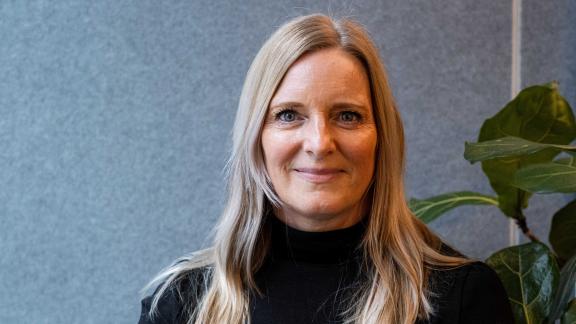Driving health equity in cancer

By supporting partnerships with the NHS, patient groups, and other key stakeholders, and by focusing on the crucial need to address health inequalities, the upcoming national cancer plan can drive meaningful progress in improving cancer outcomes and ensuring equitable access to care.
This article has been developed by MSD, with editorial input from NHS Confederation.
Tackling health inequalities is critical to improving cancer survival.
Inequalities contribute to the barriers and disadvantages individuals with cancer face. For example, 91 per cent of people with testicular cancer are diagnosed early, compared with just 19 per cent of people with oesophageal cancer.[1] Because early diagnosis of cancer improves the chances that it can be treated successfully,[2] this inequality has a tangible impact on patients’ outcomes and wellbeing.
At the same time, socio-economic status and ethnicity also impact speed of diagnoses, awareness of symptoms and treatment received. [3],[4] People who live in socio-economically deprived areas are more likely to be diagnosed later,[5] and people of Caribbean, African and Asian heritage are also more likely to be diagnosed later than white people.[6] It’s estimated that 30,000 cases of cancer in the UK each year are linked to deprivation.[7]
Yet, there is no cross-government approach to addressing health inequalities. In my role at MSD, I have had the opportunity to work with several NHS trusts in redesigning pathways, developing digital tools to support symptom validation, and modelling demand and capacity. And through this work, I have seen the impact inequalities have on health first hand.
"The learning was clear: improving health equality requires collaboration across the entire system"
One thing I’ve learned through our work with the NHS is that access to timely diagnosis and treatment, and addressing health inequalities, go hand in hand – and we can achieve great strides towards both through collaboration.
One example which comes to mind is our collaboration with South Yorkshire and Bassetlaw Cancer Alliance.[8] Here, patients were facing delays to their diagnosis due to the need for samples to be transported out of region to other parts of the UK – a clear example of geographic inequality. Our collaboration achieved clear improvements. The target for people to begin cancer treatment within 31 days of a plan being decided increased from 92 per cent to 94 per cent for people with lung cancer and 78 per cent to 86 per cent for people with head and neck cancer.[9]
The learning was clear: improving health equality requires collaboration across the entire system.
National cancer plan
To address unwarranted variation in access to early diagnosis, treatment, and support across England, I believe the government’s upcoming national cancer plan should consider facilitating the sharing of best practice examples in tackling health inequalities, including those achieved through collaboration with industry and other stakeholders.
Collaborations are enabling the system to deliver timely, optimal treatment in line with national treatment targets.
In the early stages of cancer care, where treatments must be integrated into pathways, and where a consistently performing genomic and biomarker testing pathway is critical to timely access to optimal therapies, early diagnosis and treatment in cancer must be seen as two sides of the same coin. And supporting an accelerated cancer care pathway is critical to give future patients the best chance of an improved outcome.
"We have learned that working together with NHS trusts can bring substantial improvements to patient experiences and outcomes"
At MSD, we’ve worked with several NHS trusts and alliances across the country on initiatives that have reduced cancer treatment waiting times, identified disparities in patient access to cancer services, and increased capacity to meet demand for cancer services.
MSD have been working collaboratively with Greater Manchester Cancer Alliance to support their ambitions to improve early diagnosis in lung cancer.[10] We have co-created a digital symptom validation tool, LungAware, aligned to their self-referral chest x-ray service to encourage patient activation.
We have learned that working together with NHS trusts can bring substantial improvements to patient experiences and outcomes. By supporting partnerships with the NHS, patient groups, and other key stakeholders, and by focusing on the crucial need to address health inequalities, the upcoming national cancer plan can drive meaningful progress in improving cancer outcomes and ensuring equitable access to care.
MSD stands ready to play its part in driving this change.
Rachel Houlding is national oncology healthcare director at MSD.
GB-NON-11937 / October 2025



